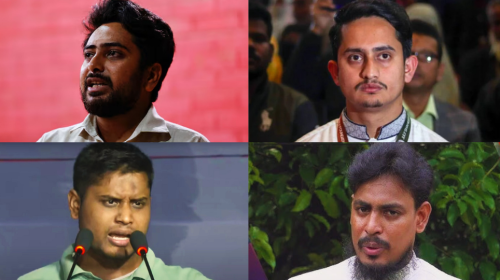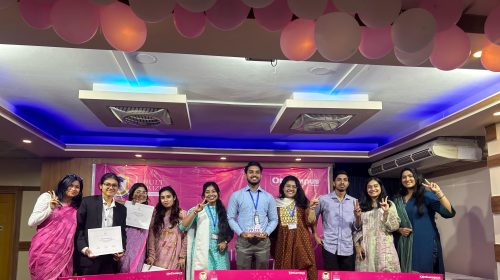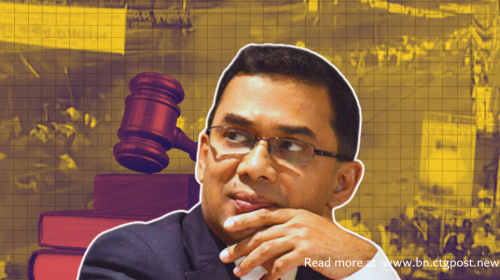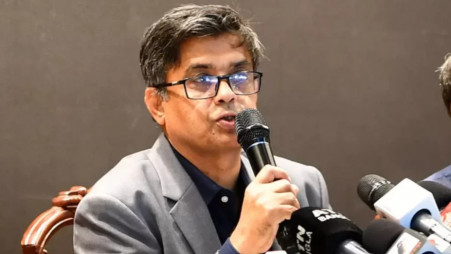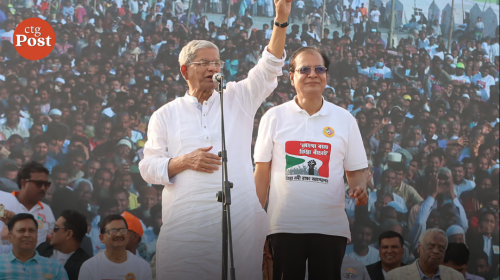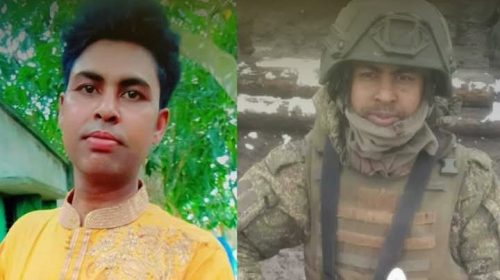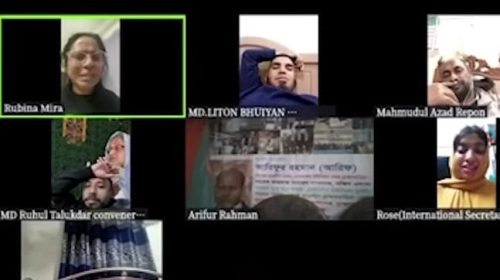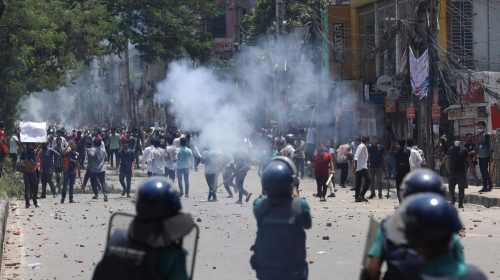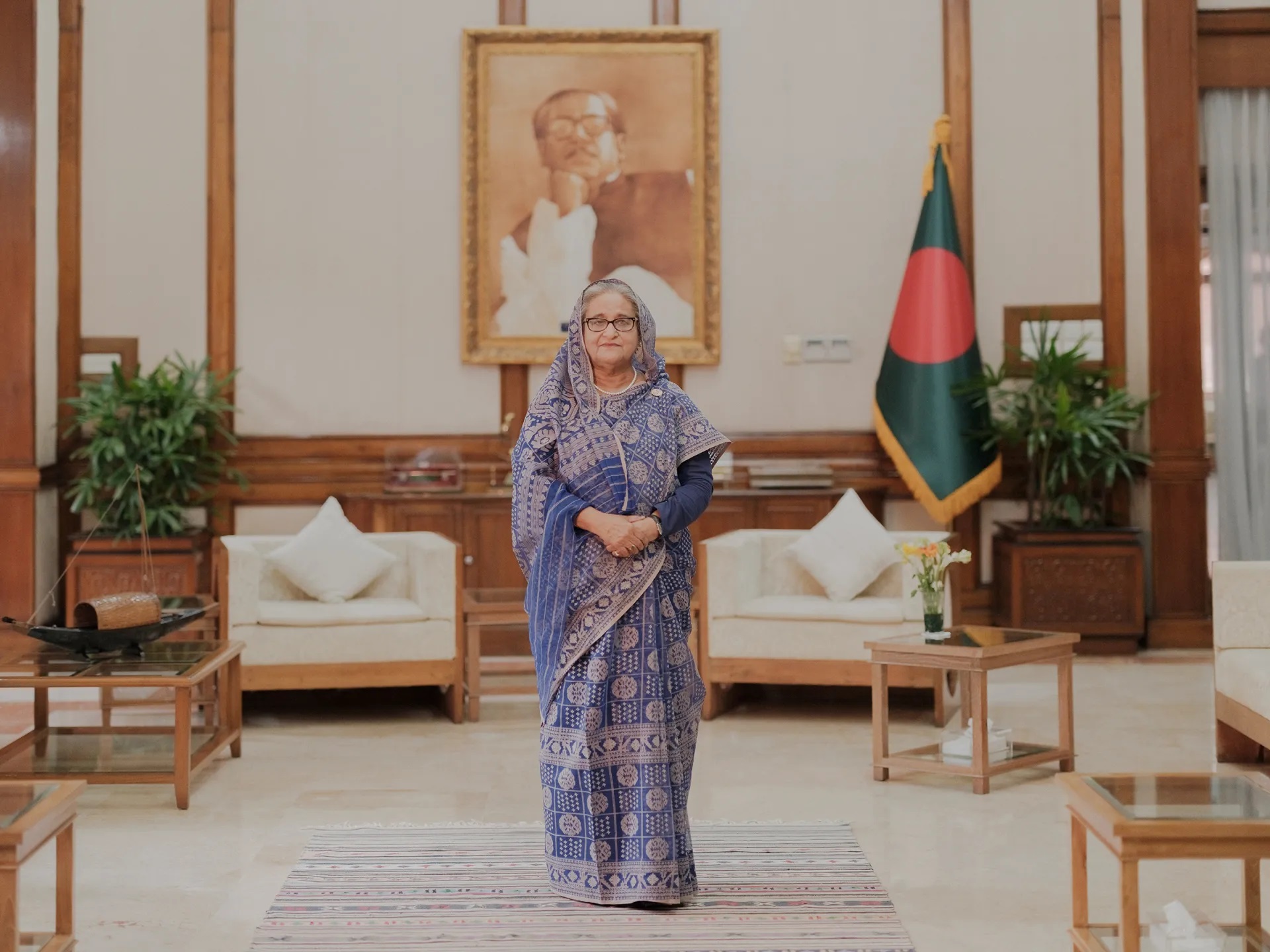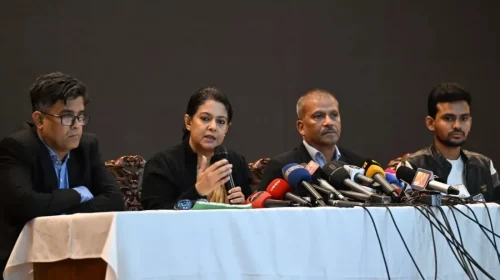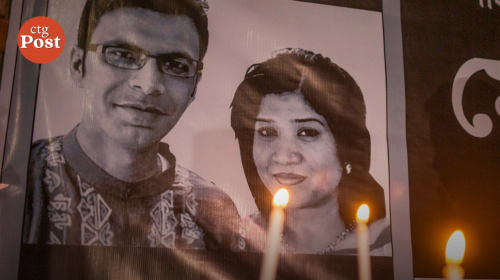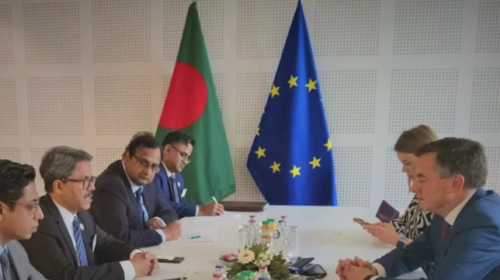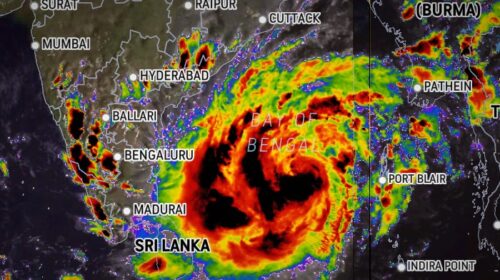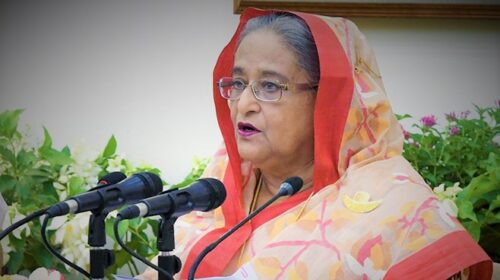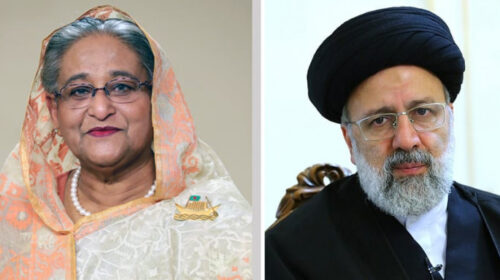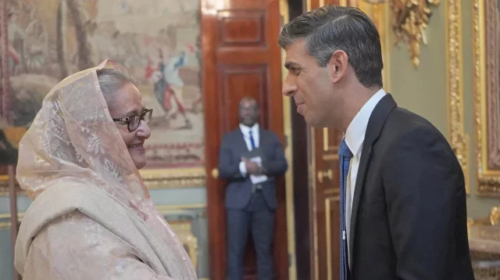The world’s longest-serving female head of state was elected prime minister for the fifth time in January. She has been helming her party, the Awami League, for over four decades now. Hasina’s government has given the country many ‘firsts’ during an unprecedented development spree and is now working to enable Bangladesh to join the club of advanced economies by 2041.
In an exclusive interview with the WhiteBoard team, Hasina shed light on her unique approach to policy-making in a resource-constrained economy like Bangladesh.
“I never thought I would end up becoming a prime minister!” she said.
She was involved in student politics but never thought of being in charge of a country. She recalled how being around Bangabandhu, her father, shaped her views. “Politics was an all-encompassing part of his life, and it was something we grew up with,” Hasina said.
“He always talked about how things needed to change, and his thoughts and ideas guide me to this day.”
When she was elected Awami League chief and returned to Bangladesh in 1981, she found that the state was no longer serving the people. After the assassination of Bangabandhu, the country fell under military rule, overtly or covertly and the policies were being designed to benefit a small group.
There was no accountability to the people and their voices were not being heard. Hasina said she felt things had to change.
Sheikh Hasina was in her early 30s when she started to lead a progressive coalition. She wanted to learn more about Bangladesh and see the country for herself.
“To understand the needs of the people, I had to go to them, see their struggles for myself. After all, how can I make welfare policies if I don’t know who they are meant for? I could not be an armchair decision-maker,” she said.
The Awami League chief started travelling to every corner of the country, even though in most places there were no roads.
“I walked, took small boats, rode on the backs of rickshaws, basically did whatever was needed to reach the remotest corners. I visited every single district of the country. I learned about the ground realities and hardships faced by our people firsthand. This gave me insights that I couldn’t get anywhere else,” she said.
Bangladesh has come a long way since then.
“You have to link policies with politics. I am a policymaker because of my political struggle. The biggest obstacle to the country’s progress was the military dictatorship of the late 1970s and 1980s. You can’t develop good policies without a healthy political environment,” Hasina said.
“Without proper representation of the people, a country simply cannot develop. Policies have to reflect people’s voices. This was the biggest challenge for our country, and I dedicated my efforts to establishing basic constitutional rights, especially voting. The restoration of democracy was one of our greatest achievements.”
Sheikh Hasina says one of her priorities has always been the eradication of homelessness, which is driven by many factors, including climate change, natural disaster, abandonment and poverty.
Her government has been providing free homes to end homelessness. “We have implemented this policy over a period of three decades and our work continues. When someone has their own address, it boosts their dignity.”
Good policies are impossible without good politics. For good politics, you need seasoned politicians. Grassroots politicians understand the country in a different way, there’s more awareness of the ground realities.
“In policy circles, development is often understood only in economic terms. But those of us who do politics, we think about the country in a more intuitive way,” she explained.
“Politics shouldn’t be about personal gains and power misuse, which you will see in a military dictator or a disconnected elite. This can derail the development agenda of a country. In Bangladesh, you can see the difference, as the country has lived through examples of both approaches.”
She recalled how the Awami League led by Bangabandhu, a grassroots politician, took over the war-ravaged country in 1972 when the per capita income was below $100.
His administration had to start from scratch. They essentially had to build a sovereign country, previously a neglected province of Pakistan. The long task-list included rebuilding all infrastructure, forming fresh institutions and reintegrating millions of displaced people.
“This is where politics met development. Only a true representative of the people can take on impossible challenges like this. When a politician like Mujib gets such a task, he or she can do it well. Because he had a network like the Awami League, he could quickly assess the needs of the people. In just about three years, by 1975, he was able to raise people’s per capita income to over $250,” the prime minister said.
“A true representative of the people has the insights to develop a country, which an elite decision-maker is incapable of doing. Development is a political agenda. You cannot delink development from politics.”


